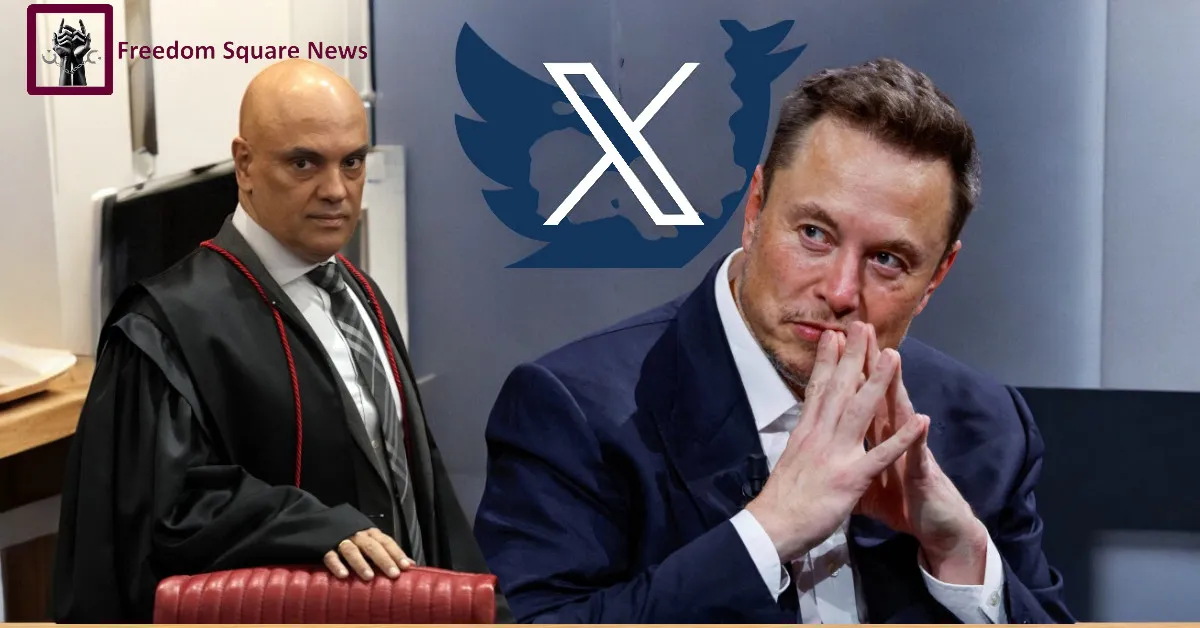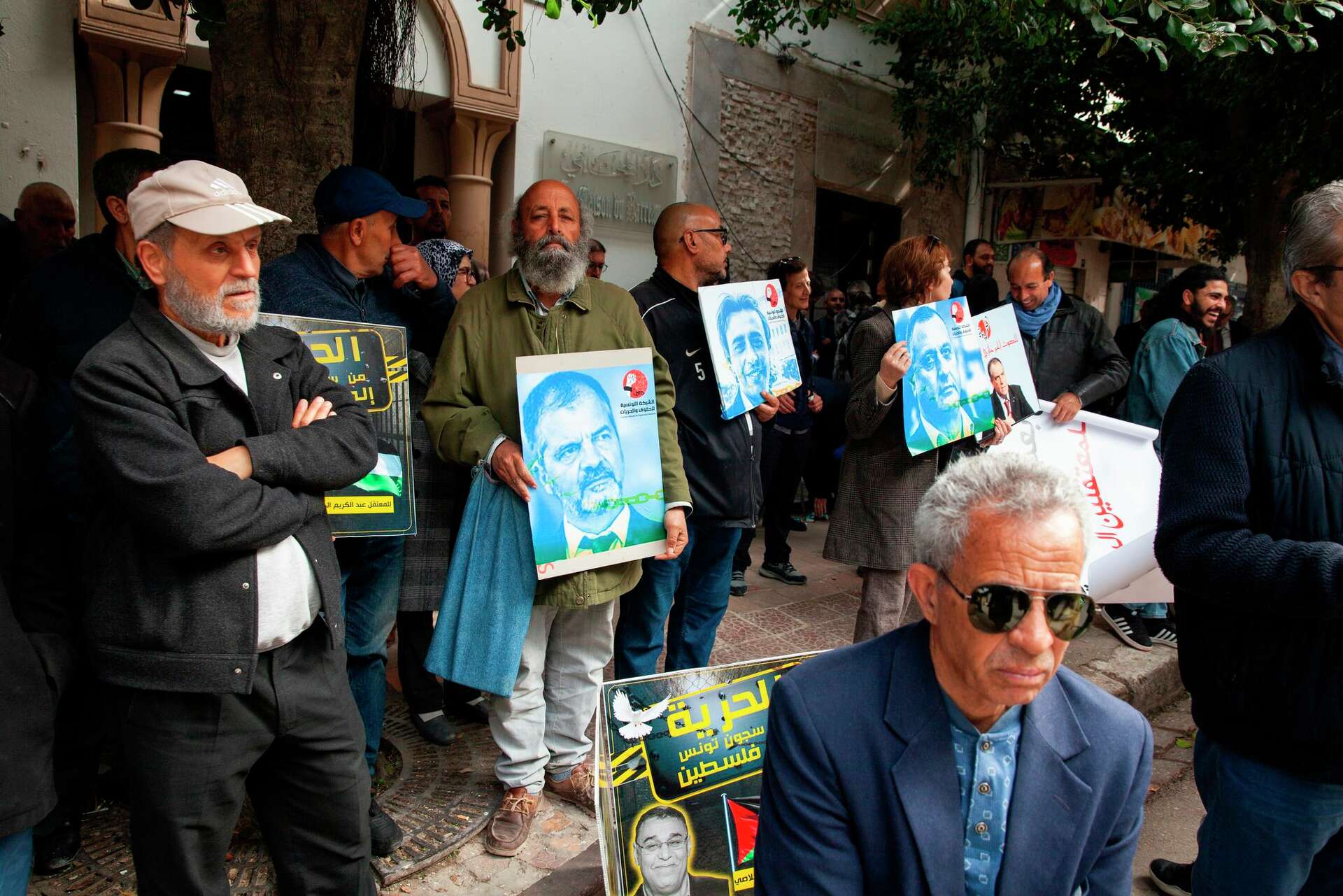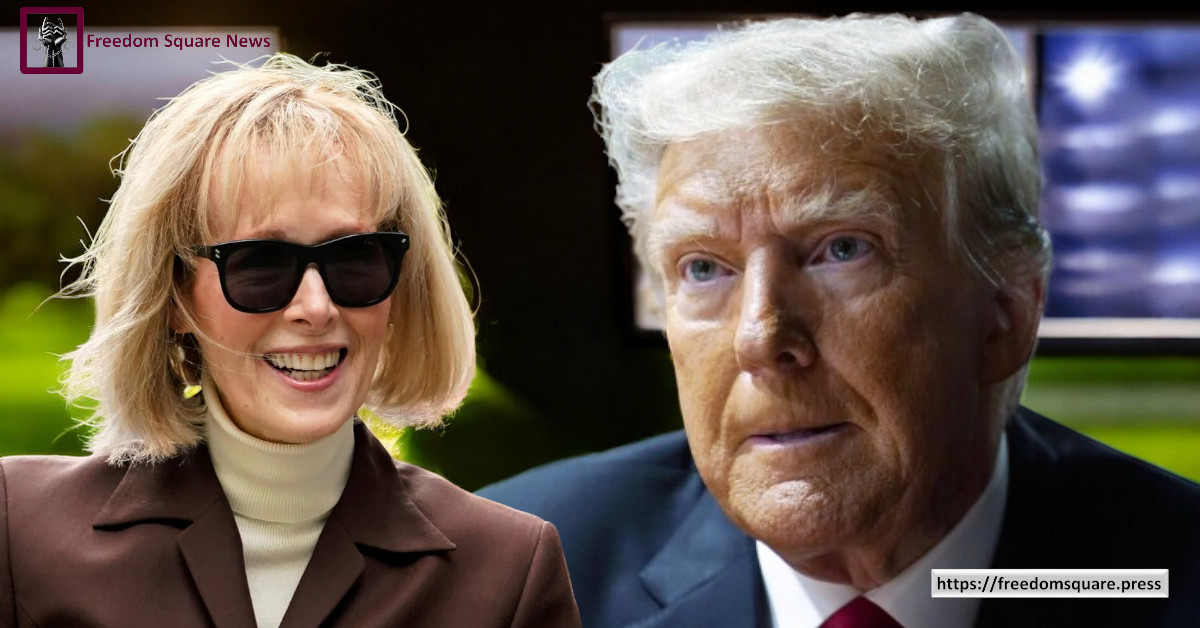Social Media Platform Suspended Over Non-Compliance
Brazil has officially blocked Elon Musk’s social media platform X after the company failed to appoint a legal representative in the country, as mandated by Supreme Court Justice Alexandre de Moraes.
The move escalates an ongoing conflict between Musk and de Moraes, involving free speech, far-right content, and misinformation. X’s refusal to comply with the court order has now led to direct action by Brazilian authorities.
Government Action and Consequences
The country’s telecom regulator, Anatel, ordered internet service providers to cut access to X on Saturday, effectively making it inaccessible to most Brazilian users. The suspension will remain in place until X appoints a local representative, with additional fines imposed on users who attempt to bypass the ban using VPN services.
Justice de Moraes has justified the ban as part of a wider investigation into misinformation and extremist content. He argues that X’s failure to comply with previous court rulings has contributed to the spread of harmful content ahead of Brazil’s upcoming municipal elections.
Musk’s Response and the Broader Implications
Musk has condemned the decision, calling it an attack on free speech. He criticized the Brazilian court’s actions as “censorship,” sparking debates on the role of government regulation in digital platforms.
In a related development, authorities have also frozen the bank accounts of Musk’s satellite internet provider, Starlink, in Brazil. This move further escalates tensions between the billionaire entrepreneur and the Brazilian government.
Public Reaction and Alternatives
Despite the ban, many Brazilian users are seeking ways to bypass it, including the use of VPNs. Meanwhile, rival social media platforms are witnessing an uptick in activity as users migrate to alternative services.
The legal battle highlights the growing global debate over the regulation of social media, free speech, and the responsibilities of tech companies operating in different jurisdictions.
With municipal elections approaching, the impact of this dispute on Brazil’s digital landscape remains to be seen. The controversy underscores the tensions between global tech giants and national governments seeking to enforce local laws.




